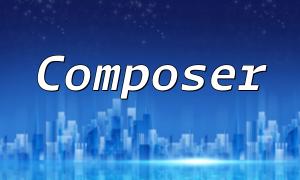Page staticization refers to the process of converting dynamically generated web content into static HTML files. When users visit the page, the server doesn't need to regenerate the content, but simply returns the pre-generated static HTML file, which greatly enhances website speed and responsiveness.
Improves website performance: Static HTML files don't require database queries or backend processing, significantly improving website performance.
Reduces server load: Static pages don't involve database read/write operations, which helps reduce the server's workload.
Enhances user experience: Static pages load faster, reducing waiting time for users and improving overall experience.
Identify the pages to staticize: Not all pages in a CMS system need to be staticized. Typically, the homepage, category pages, and content pages are prioritized for staticization.
Define the static page storage path: Define the static page file path based on the page URL or its category.
Generate static pages: Add logic to save the dynamic page content as a static HTML file when generating dynamic pages. Use PHP code to write the dynamic content to the file system.
Switch between dynamic and static page access: Use URL rewriting or conditional checks to return static HTML files when accessing dynamic pages.
Implement caching mechanism: To ensure the page's real-time data, set an expiration time for static pages. Once expired, the page needs to be regenerated and saved again.
Here’s a simple PHP code example that demonstrates how to generate static HTML pages and switch between dynamic and static content:
<?php<br>// Dynamic page generation code<br>// Fetch the page content<br>$pageContent = getPageContent();<br><br>// Save as static HTML file<br>$savePath = getStaticPageSavePath();<br>file_put_contents($savePath, $pageContent);<br><br>// Switch dynamic page access<br>if (isStaticPageRequested()) {<br> // Return static HTML file<br> echo file_get_contents($savePath);<br>} else {<br> // Return dynamic page content<br> echo $pageContent;<br>}<br>?>By implementing page staticization, CMS systems can significantly improve website performance and user experience. With a simple PHP code, you can easily achieve this functionality, improving website load times and reducing server load. It's important to consider the real-time nature and update mechanisms when staticizing pages.








